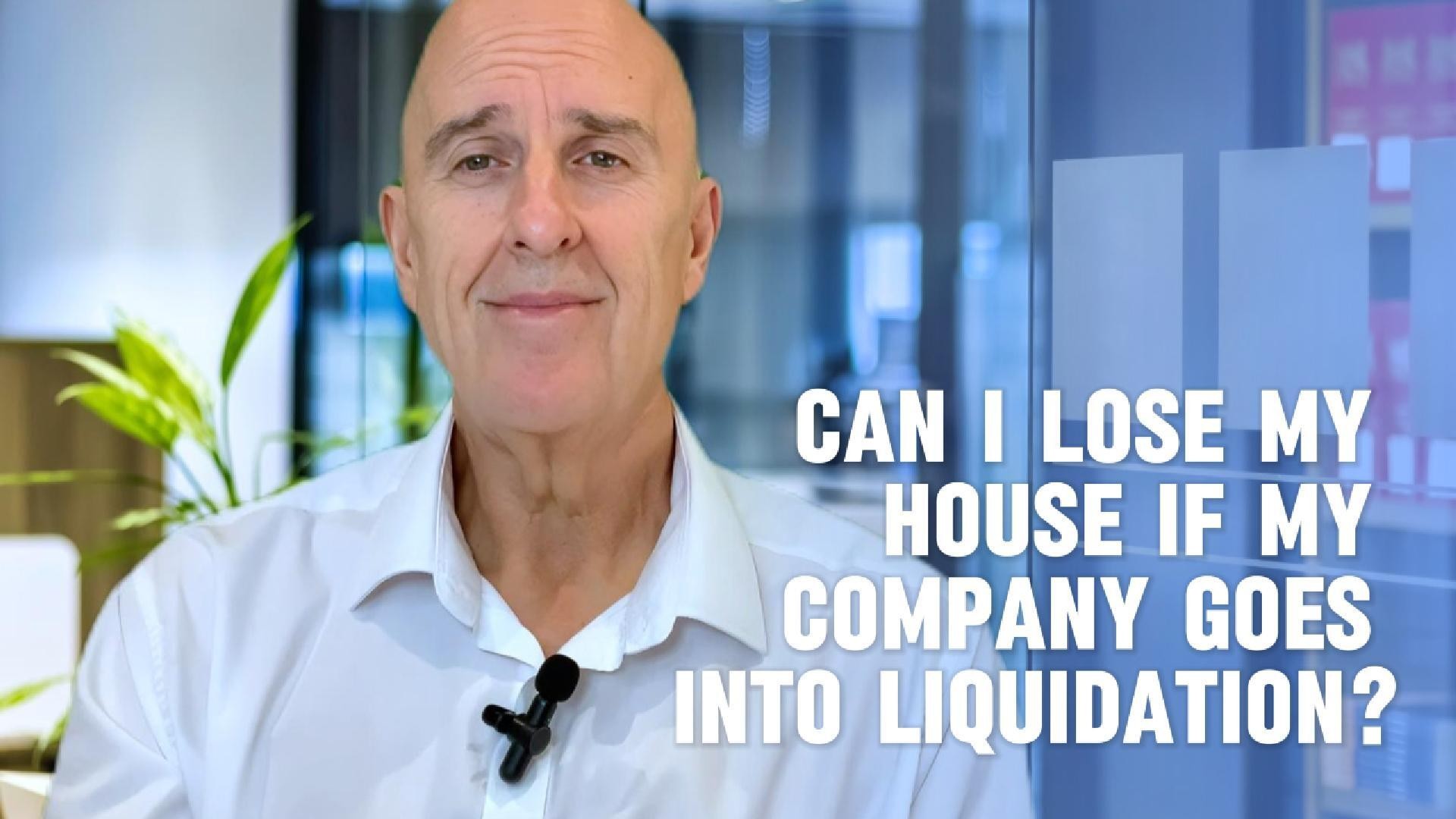
Understand your company's position and learn more about the options available
Require Immediate Support? Free Director Helpline: 0800 644 6080
Free Director Helpline: 0800 644 6080
Updated:
A common and understandable concern of company directors is whether they could lose their home if their limited company fails. The answer to this question, in most cases, is no. However, there are some circumstances when your personal assets could be at risk. Thankfully, this is rare, but you should understand how and when this can happen.
Free 60 Second Test
For Ltd Company Directors
What are you looking to do?
Choose below:
If your business can’t pay its debts and has no realistic prospect of a recovery, you can close it down voluntarily via a process called Creditors’ Voluntary Liquidation (CVL). Alternatively, the creditors can force the company to close via Compulsory Liquidation. In both cases, a liquidator will be appointed to sell the assets of the business. The proceeds will then be distributed among your creditors and any remaining debts will be written off.
A strict hierarchy determines the order in which creditors are paid in liquidation. Unsecured creditors, including HMRC, suppliers, landlords and customers, come at the bottom of the list and often receive very little of the money they’re owed. As the finances of the business and its directors are separate, the creditors cannot pursue the directors personally for these debts and they’re subsequently written off.
However, there are some instances where you can become personally liable for some or all of the company’s debts. If you find yourself in this position and cannot afford to pay what you owe, your home could be at risk.

Get a Quote Find Your Nearest Office
You sign a personal guarantee
As a company director, you might have to provide a personal guarantee to secure a finance agreement. If the company fails and there’s not enough money to repay the lender, they could pursue you personally for the outstanding sum. The personal guarantee may be secured against your home, in which case, your house will be at risk if you cannot pay. Alternatively, you could be made bankrupt, and your assets, including your home, could be sold to cover the debt.
You have an overdrawn director’s loan account
An overdrawn director’s loan account is a legitimate way for a director to borrow money from a business. The problem comes when the company enters insolvent liquidation and you haven’t repaid the loan. At this point, the liquidator will ask that you repay the money to the company for the benefit of its creditors. If you can’t, the liquidator could take legal action to enforce the debt. That could potentially lead to personal bankruptcy and even the repossession of your home.
You don’t pay your company’s National Insurance Contributions
If you fail to pay National Insurance Contributions (NICs) on the earnings of your staff when the company is insolvent, HMRC could issue you with a Personal Liability Notice. The Personal Liability Notice makes you personally responsible for the unpaid tax and your home could be at risk if you cannot raise the funds to pay what you owe.
“Shaun really helped me for quick legal advice in a stressful situation where I needed advice QUICK. Called me back within 30 seconds and gave me the advice I needed. Thank you”
Sam
You’re guilty of wrongful trading
Wrongful trading occurs when you continue to trade despite knowing the company is insolvent and you worsen your creditors’ position. As a company director, you are legally obliged to put creditors’ interests first when the business is insolvent. Failing to do so can lead to personal liability issues and your home could be at risk.
You engage in fraudulent trading
If you engage in fraudulent trading as a company director, you risk being made personally liable for company debts, which could affect your home. Fraudulent trading occurs when you carry out business to purposefully defraud your creditors, including:
UK’s number one for director advice
We handle more corporate insolvency appointments than any other UK firm; demonstrating our commitment to helping directors and business owners in financial distress.
The team are available now - 0800 644 6080
Get a Quote Find Your Nearest Office
If you’re worried that company liquidation could put your home at risk, call us today for a free consultation or arrange a face-to-face meeting at your nearest office. Our team of licensed insolvency practitioners can help you prioritise creditor interests and explore your options with personal guarantees and overdrawn director’s loan accounts.
Still unsure whether liquidation is right for your company? Don't worry, the experts at Real Business Rescue are here to help. Our licensed insolvency practitioners will take the time to understand the problems your company is facing before recommending the best course of action going forward based on your own unique circumstances.

Complete the below to get in touch
For Ltd Company Directors
What are you looking to do?
Choose below:
We provide free confidential advice with absolutely no obligation.
Our expert and non-judgemental team are ready to assist directors and stakeholders today.

Understand your company's position and learn more about the options available

Find your nearest office - we have more than 100 across the UK. Remote Video Meetings are also available.

Free, confidential, and trusted advice for company directors across the UK.